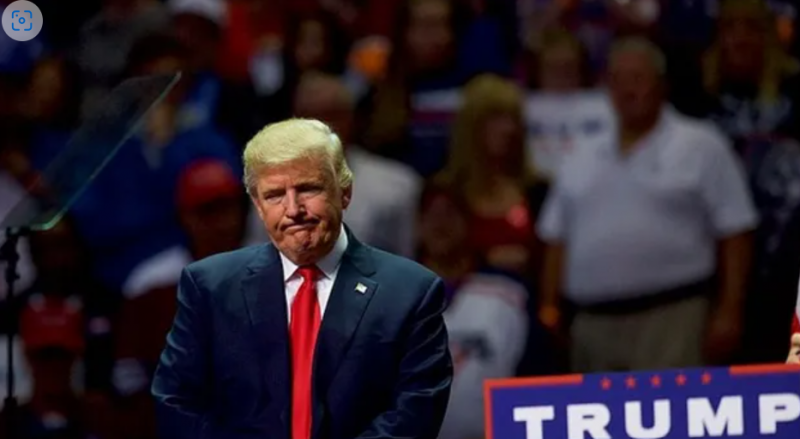Donald Trump, who faces 88 charges in four separate criminal cases, will appear in New York starting today, marking a precedent for a former U.S. president. The Republican candidate, who will compete against Joe Biden in the presidential election, is doing everything he can to delay his trials as much as possible, at least until the election deadline. If he is re-elected, Donald Trump could, upon his inauguration in 2025, order the dismissal of the federal proceedings against him.
Here is an overview of the legal cases he faces in criminal courts:
Trump is being tried in federal court for allegedly making unlawful attempts to overturn the results of the 2020 election won by Joe Biden. He is specifically accused of "conspiring against American institutions" and "undermining the right to vote." Special prosecutor Jack Smith accuses him of pressuring local authorities in several states where the election took place to invalidate the official results.
Although the judiciary is not directly prosecuting the former Republican president for the Capitol attack in 2021, the attorney general charges him with "exploiting violence and chaos." In this case, Donald Trump faces decades of imprisonment. The trial that was supposed to start on March 4 in Washington has been postponed, as the Supreme Court is set to consider the issue of criminal immunity that he claims he has as a former president, which was rejected by Judge Tanya Chutkan and then by a federal appeals court.
Trump is also being tried in Georgia (southeastern U.S.) alongside 14 others for similar incidents to those facing him in Washington, under a state law specifically used to target organized crime, which stipulates prison sentences of up to twenty years. This case emerged from a phone call Trump made in January 2021 with officials in Georgia, asking them to "find" nearly 12,000 votes in his name to win that state. Following the charges, Trump had to appear at an Atlanta jail in August to take his fingerprints and have his mug shot taken, a first for a former U.S. president.
District Attorney Fani Willis requested that the trial of the former president and the 14 defendants with him, the only one among the four trials to be broadcast on television, begin on August 5. Judge Scott McAfee has not yet decided on a date but indicated that he prefers to hold two separate trials if the number of defendants remains the same. Four of the 19 individuals initially targeted in the indictment have already pleaded guilty, receiving lenient sentences in exchange for their testimonies in the upcoming trial against the other defendants.
Unlike the previous two cases related to actions taken during Donald Trump's presidency, the classified documents case is tied to actions that occurred after he left the White House. In this other federal case also overseen by prosecutor Jack Smith, Trump is being tried alongside two of his personal aides for retaining classified files at his Mar-a-Lago home in Florida. He is accused of jeopardizing national security by keeping these documents, which include files from the Pentagon, the CIA, and the NSA, after leaving the White House instead of handing them over to the National Archives as required by law. He is also accused of attempting to destroy evidence in a case that carries a penalty of up to 10 years in prison. This trial, initially set to start on May 20, may be postponed for several months, though Judge Eileen Cannon has not yet set a new date.
The fourth case in which Donald Trump is being tried starting Monday in New York pertains to the final days of his 2016 election campaign. This case involves a payment of $130,000 to former porn star Stormy Daniels to cover up a relationship from ten years ago that the former president denies occurred. According to Attorney General Alvin Bragg, this constitutes election fraud as the purpose of the transaction was to hide information that could harm the Republican candidate. He faces a sentence of up to four years in prison.




